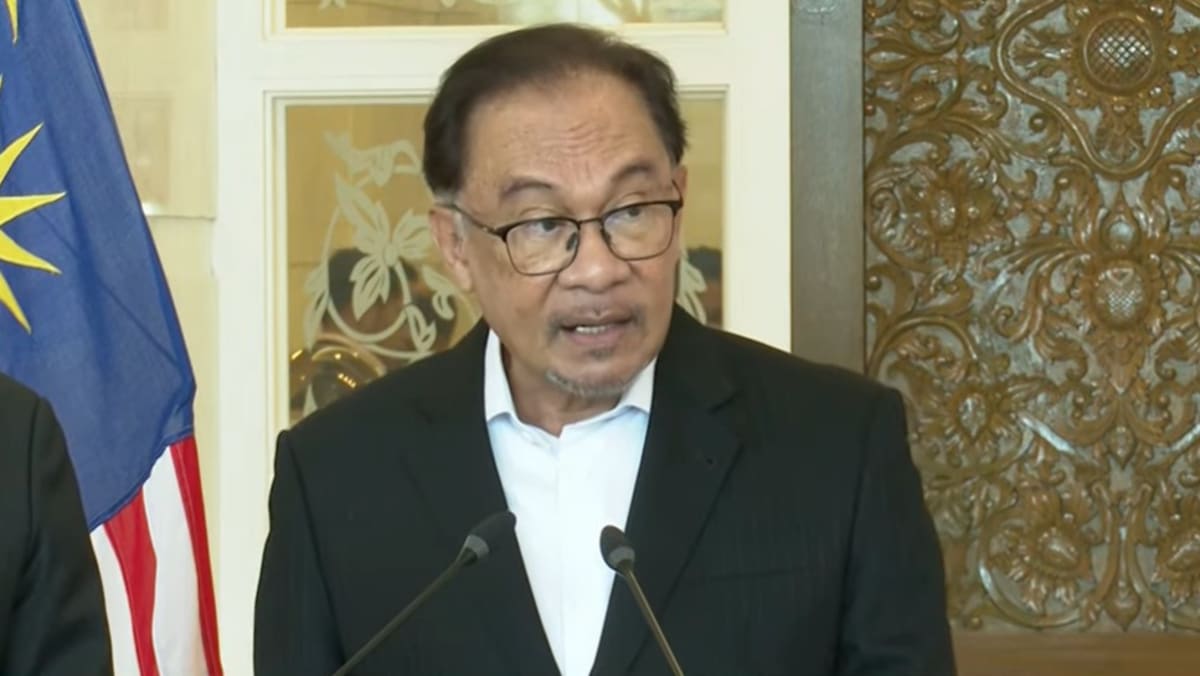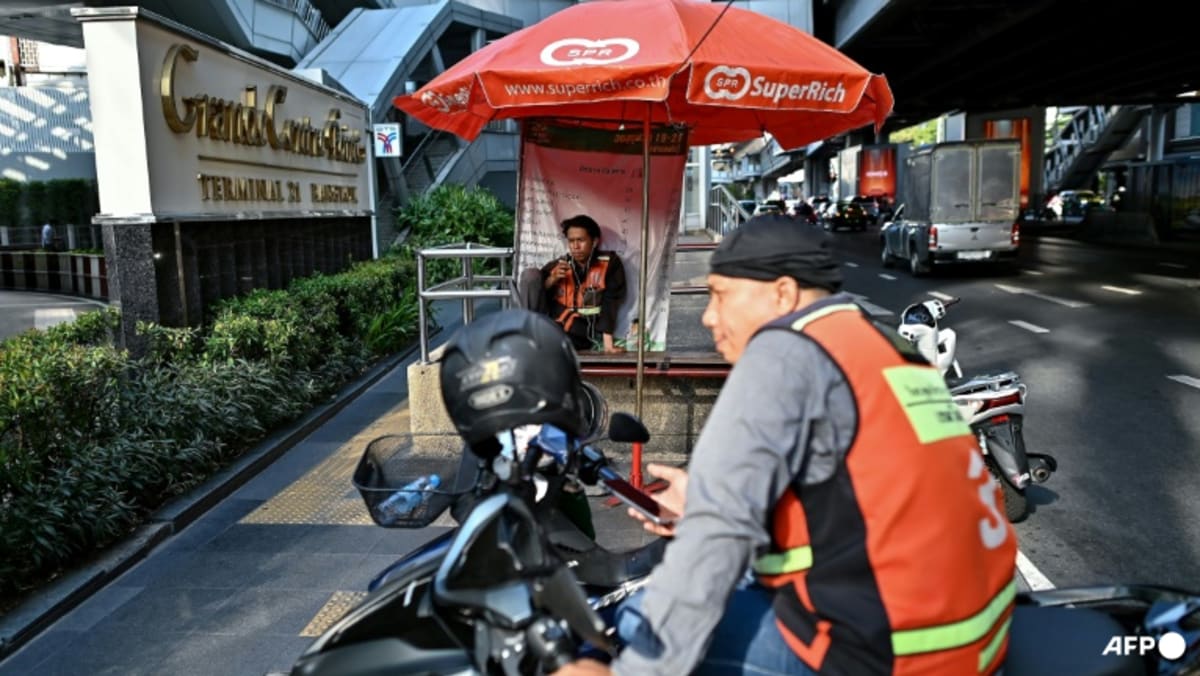Analysts also noted that there is lack of visibility in the offtake of 5G and Malaysia’s relatively small market remains a serious issue.
“The whole situation is fuzzy because there is no clarity on the pricing of the 5G services and also the question of the shareholding at DNB,” said a chief of a bank-owned investment research firm.
Still, other analysts believe that there could be upside for the economy.
“Given the delay and uncertainty of network operational readiness, the bright shining opportunity is potentially the explosive growth in the semiconductor industry in Southeast Asia, where Malaysia is well-placed and positioned,” said Mr Jaafar Ismail of Fergana Advisory in Kuala Lumpur.
It was just under a year ago that the government caved in to pressure from the country’s private telco lobby to break DNB’s monopoly in the 5G space as the country’s so-called single wholesale network operator (SWN) and allow competition with a second operator, comprising local mobile network operators (MNOs) and the possibility of China’s Huawei emerging as the new technology partner.
Under the multi-tiered compromise settlement signed in December, the country’s five MNOs each paid DNB RM230 million (US$48.15 million), or a total of RM1.15 billion, as a pre-payment for access to the 5G network for a period of up to three years.
The second stage of the settlement called for due diligence into the operations of DNB that would allow the MNOs to decide whether to acquire stakes in the state-owned 5G entity or form a joint venture to operate a second network once more than 80 per cent of the current infrastructure is completed in populated areas, up from 73 per cent when the agreement was signed.
The due diligence reviews, which were expected to be completed in late January, are still ongoing, according to DNB executives who spoke on condition of anonymity.
What’s more, DNB has already rolled out more than 80 per cent of its network to date and according to Malaysia’s Communications Minister Fahmi Fadzil, almost 10 million people have subscribed to the 5G service at end-January, marking an adoption rate of just under 30 per cent.
OPTIONS GOING FORWARD
“The big reason that the 5G situation is in a holding pattern is because there is a quiet rethink whether having a second network is the way forward,” noted a senior board director of state-controlled national telecommunications carrier Telekom Malaysia. Like other government representatives and industry executives, he spoke on condition of anonymity because of strict confidentiality agreements with regard to ongoing negotiations and the independent due diligence into DNB.
DNB’s roll-out, estimated to cost Malaysian taxpayers just over RM16.5 billion (US$3.44 billion), is now stirring debate within the government and private MNOs whether all parties should push ahead with the SWN model that could see the local players acquiring as much as a combined 70-per-cent interest in the state-owned concern, or simply disposing of a large stake in the company to an interested foreign entity.













